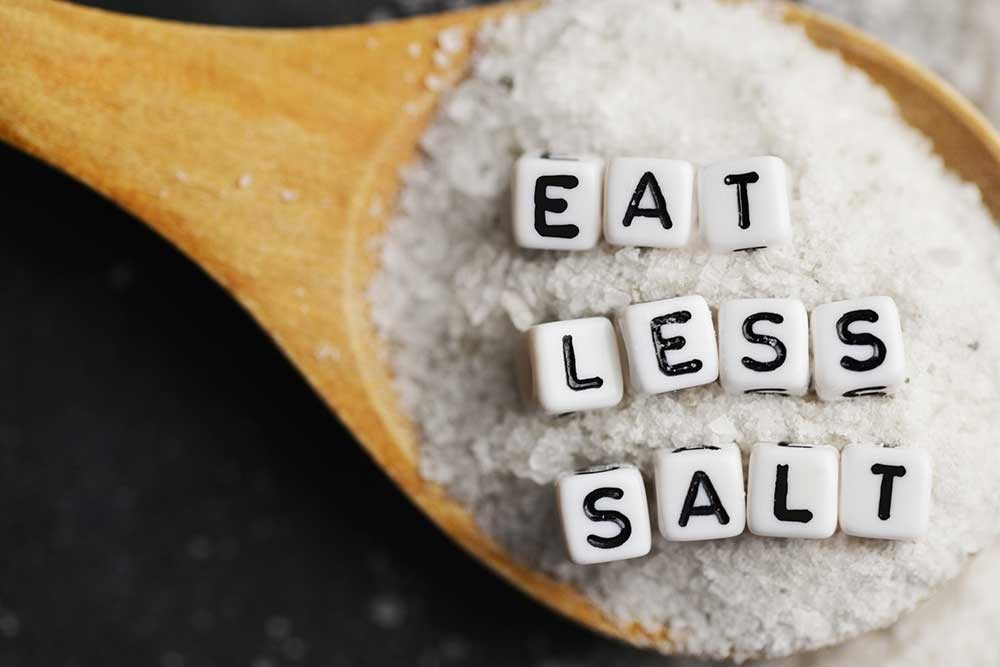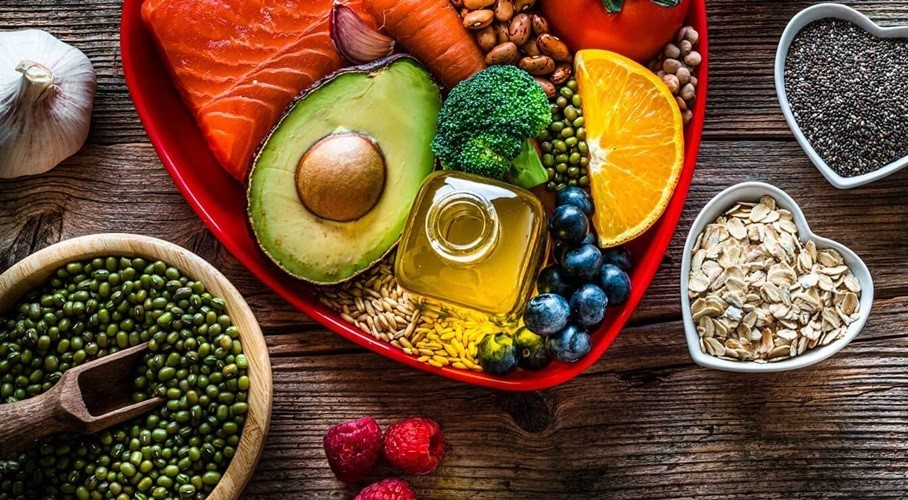Reliance Imperial Pharmacy
News Bulletin
May 2023
Blood pressure may improve with less salt and more potassium in Diet.
Growing evidence shows cutting back on salt consumption reduces blood pressure and, in turn, the risk of stroke and heart disease.
Two new studies show that a reduction in salt intake may help blood pressure and one recent report finds that lower potassium consumption is linked to higher blood pressure.
Based on information in these investigations, the World Health Organization is now recommending individuals reduce their salt consumption to less than one teaspoon per day.
While the link between consuming less-salty foods and lower blood pressure is well established, researchers wanted to understand the exact nature of the link over a range of daily sodium amounts, not simply the results of eating a high-salt versus low-salt diet. Too much sodium in your system promotes water retention in the bloodstream. Over time, the extra volume of blood can stress and stiffen blood vessels, making the heart work harder to maintain blood flow. The whole process can lead to an increased risk of heart attack and stroke.

The ideal daily sodium limit to maintain healthy blood pressure, and thus lower the risk for cardiovascular diseases, has been debated for years. While people do need some sodium – less than 500 milligrams a day – to maintain the body’s functions, most Americans eat far too much of it.
The average person consumes about 3,400 mg of sodium per day, and most of it comes from packaged and prepared foods, according to federal dietary guidelines. Those guidelines recommend adults consume no more than 2,300 mg per day – that’s about 1 teaspoon of salt – to avoid hypertension and cardiovascular disease. The AHA, however, recommends most adults limit daily intake to 1,500 mg.
In addition to the finding that reducing salt in food brings down blood pressure across populations, the research discovered an even larger fall in blood pressure for those highest at risk, such as the elderly, those with existing high blood pressure and African Americans.
In the United Kingdom, blacks are three to four times more likely to have high blood pressure and twice as likely to die from stroke, according to World Action on Salt, a UK advocacy group concerned with salt’s effects on health. The American Heart Association says that in the US, more than 40% of African American men and women have high blood pressure.
most people would be shocked to know just how much salt is in their diet. The truth is only about 15 percent of our sodium intake comes from the saltshaker. The rest is hidden in processed snack foods, restaurant meals, pasta sauces, soup, lunch meats, even bread and other baked goods. more than 90 percent of Americans kids included eat too much salt.
How to cut salt from your Diet?
- Choose whole, unprocessed foods and eat plenty of vegetables and fruit
2. Check food labels before you buy to help you choose less salty options
3. Take salt and salty sauces off the table so younger family members won’t develop the habit of adding salt
4. Use herbs, spices, garlic and citrus in place of salt to add flavor to your food during cooking and at the table
5. Cut back on processed meats, smoked foods and salty takeaways
6. Make meals at Home and eat foods high in Potassium like Bananas and avocados, Broccoli and grains




